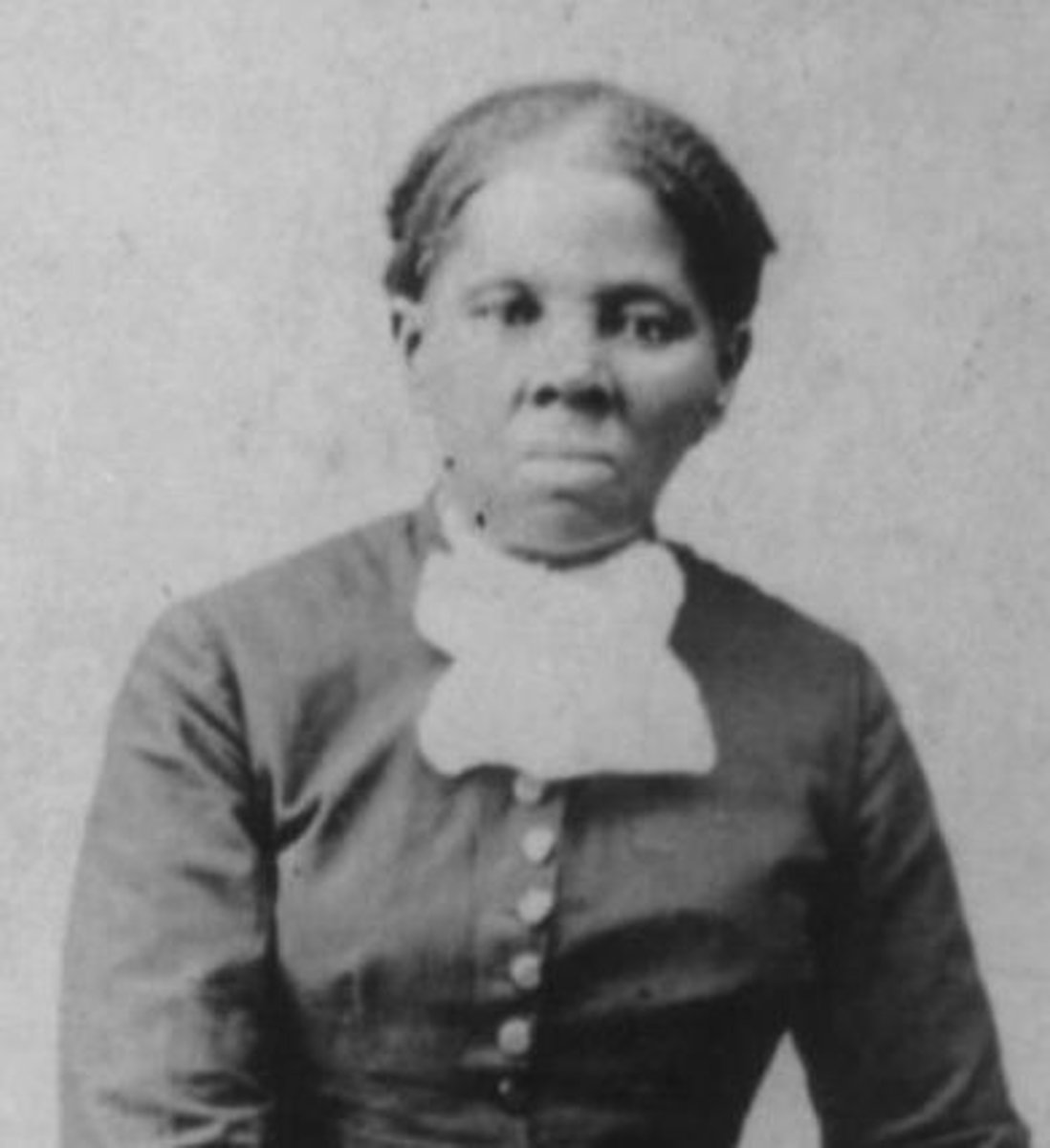Unit 5 - Reform Movements only
1/29
There's no tags or description
Looks like no tags are added yet.
Name | Mastery | Learn | Test | Matching | Spaced | Call with Kai |
|---|
No analytics yet
Send a link to your students to track their progress
30 Terms
Second Great Awakening
religious revival movement in the first half of the 1800s to make religion more democratic
Revivals
Religious camp meetings where people came together to hear sermons and profess their faith
Charles G. Finney
Influential evangelical revivalist preacher of the Second Great Awakening

Education Reforms
Focus on increasing schooling for all during early 1800s
Horace Mann
organized the public education movement and is known as the "Father of Public Education"
Dorothea Dix
Rights activist on behalf of mentally ill patients - created first wave of US mental asylums
Penitentiary Movement
movement aimed at structuring prisons so that prisoners would feel sorry for their crimes
Temperance Movement
An organized campaign to eliminate alcohol consumption
Neal Dow
Father of Prohibition; he made a law in Maine that would prevent the selling of alcohol
Carrie Nation
created sensation by raiding saloons + smashing barrels of beer with a hatchet (late 1800s)
Lyman Beecher
A Presbyterian minister who supported the higher education of women and the banning of alcohol.
Transcendentalism
any system of philosophy emphasizing the intuitive and spiritual above the empirical and material, the truth can be found in nature
Ralph Waldo Emerson
wrote "Self-Reliance;" Transcendentalist poet, essayist, speaker
Henry David Thoreau
Author of Walden who practiced ideas of transcendentalism.
Utopian Communities
Experimental communities designed to be perfect societies.
Brook Farm
Intellectual commune in Massachusetts based on "plain living and high thinking"
New Harmony
the experimental community in Indiana founded by Robert Owen in 1825; "Village of Cooperation"
Oneida
"Perfectionists"; John Humphrey Noyes; New York; rejected traditional notions of family & marriage
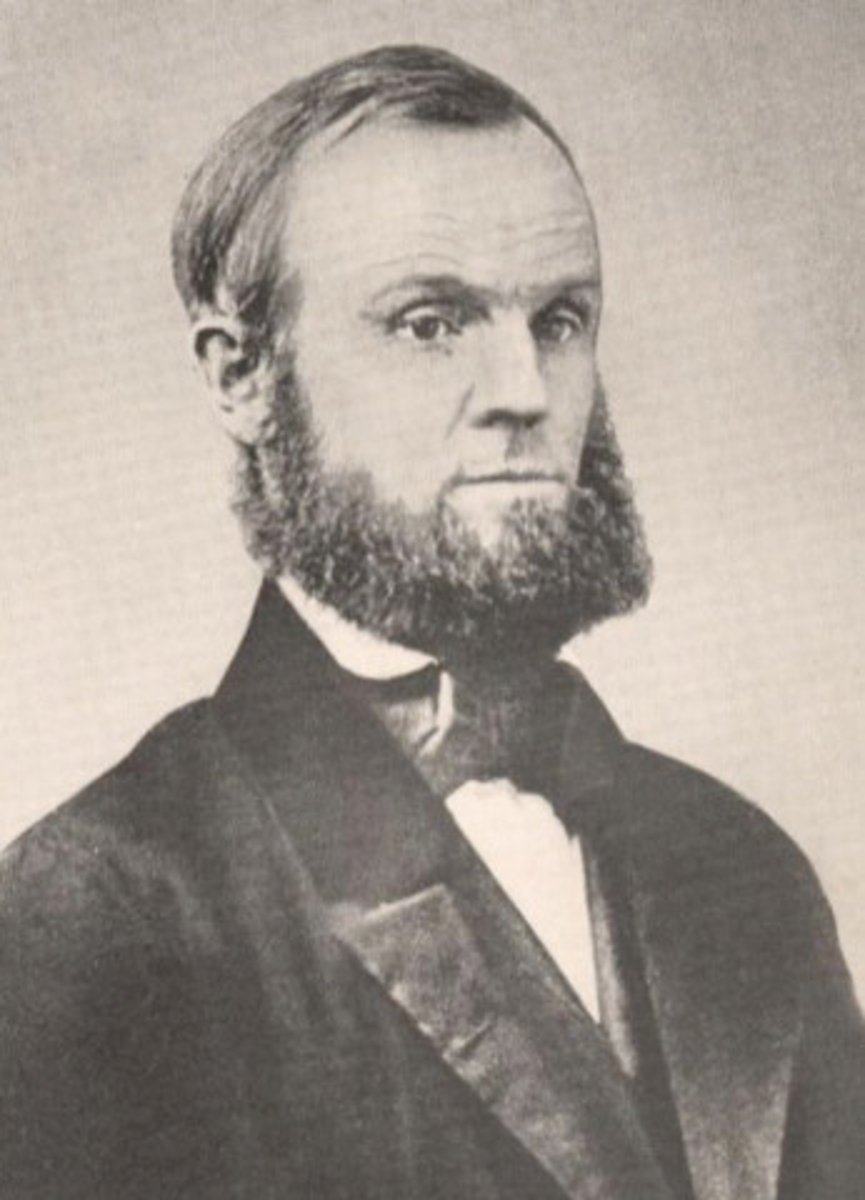
Shakers
The followers of Mother Ann Lee, who preached a religion of strict celibacy, practicality, and communal living.
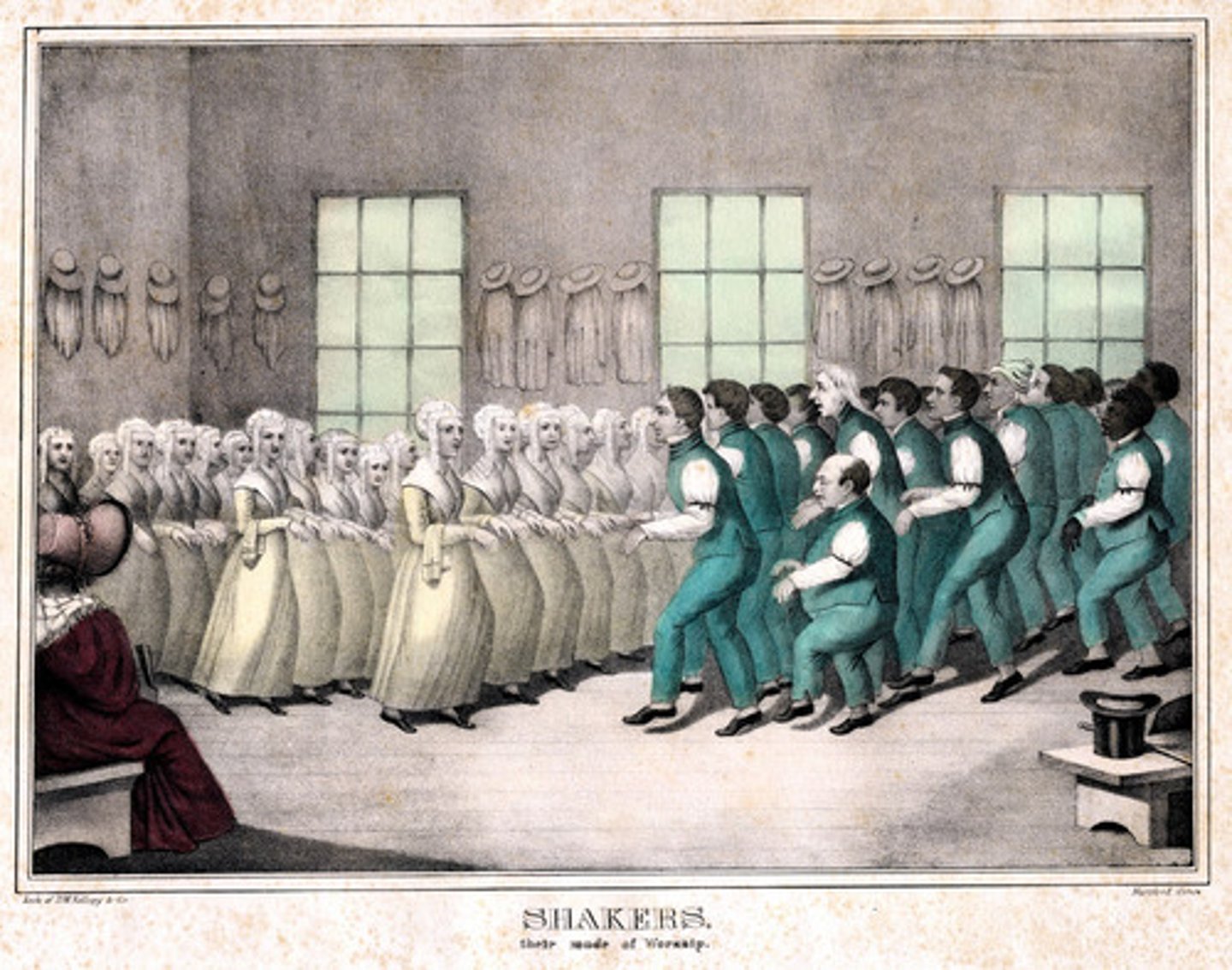
Women's Rights Movement
organized campaign to win property, education, and other rights for women
Elizabeth Cady Stanton
organized Seneca Falls Convention, founded (with Anthony) National Women Suffrage Organization
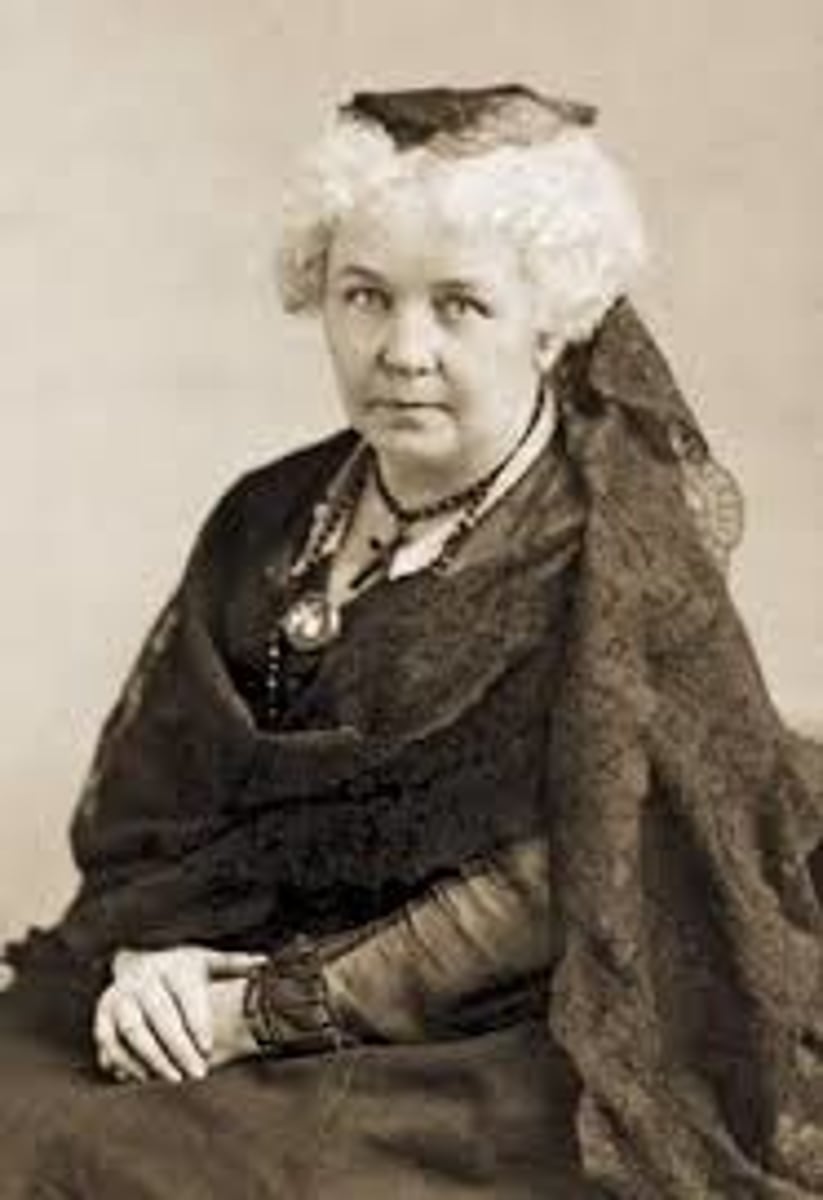
Lucretia Mott
Quaker women's rights advocate who also strongly supported abolition of slavery
Susan B. Anthony
a leader of the women's suffrage movement and the temperance movement
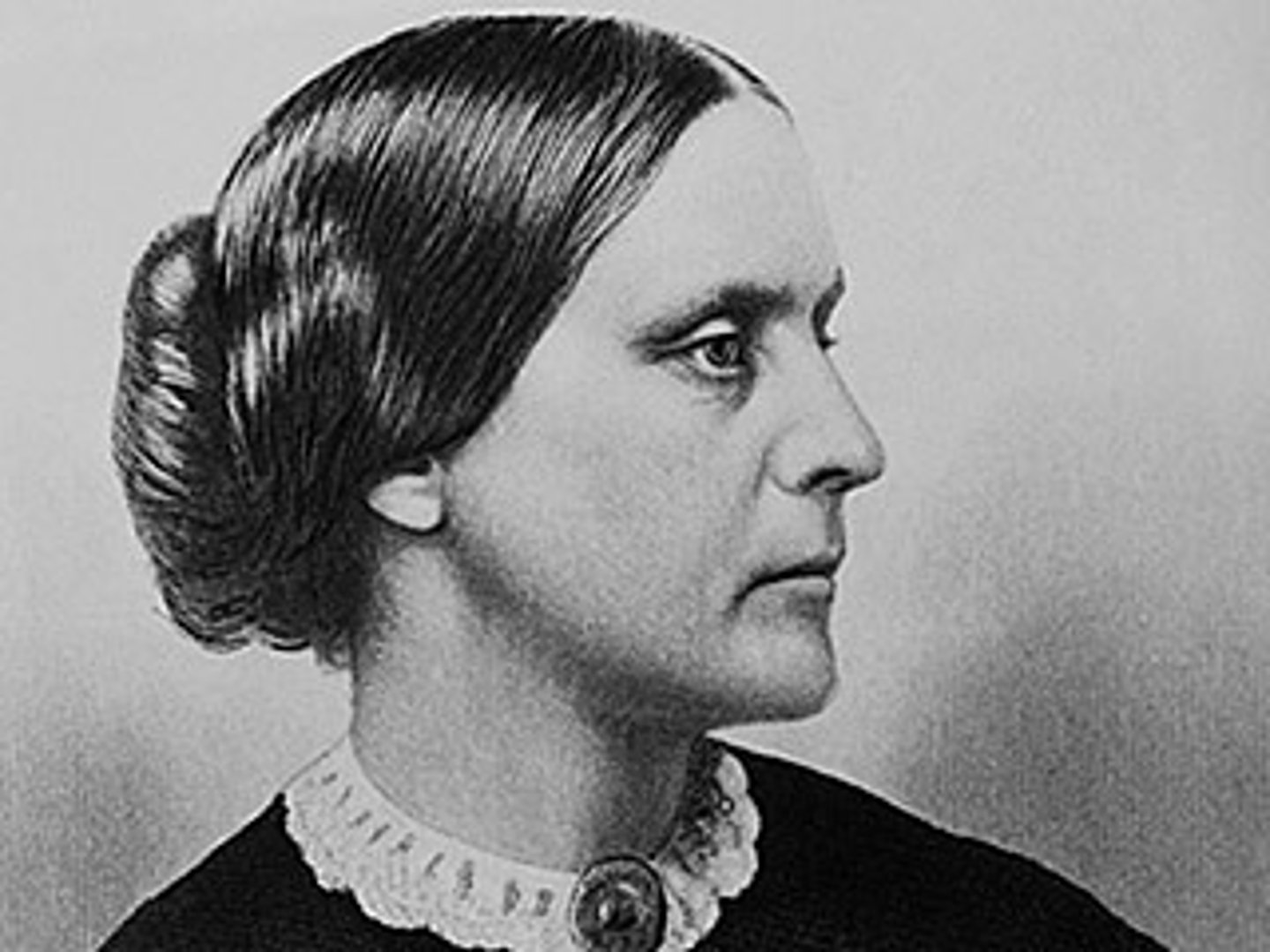
Seneca Falls Convention
the first national women's rights convention (1848) at which the Declaration of Sentiments was written
Declaration of Sentiments
the document officially requesting equal rights for women, modeled after the Declaration of Independence
Abolition Movement
the campaign against slavery and the slave trade
Frederick Douglass
Escaped slave and great black abolitionist who fought to end slavery through political action
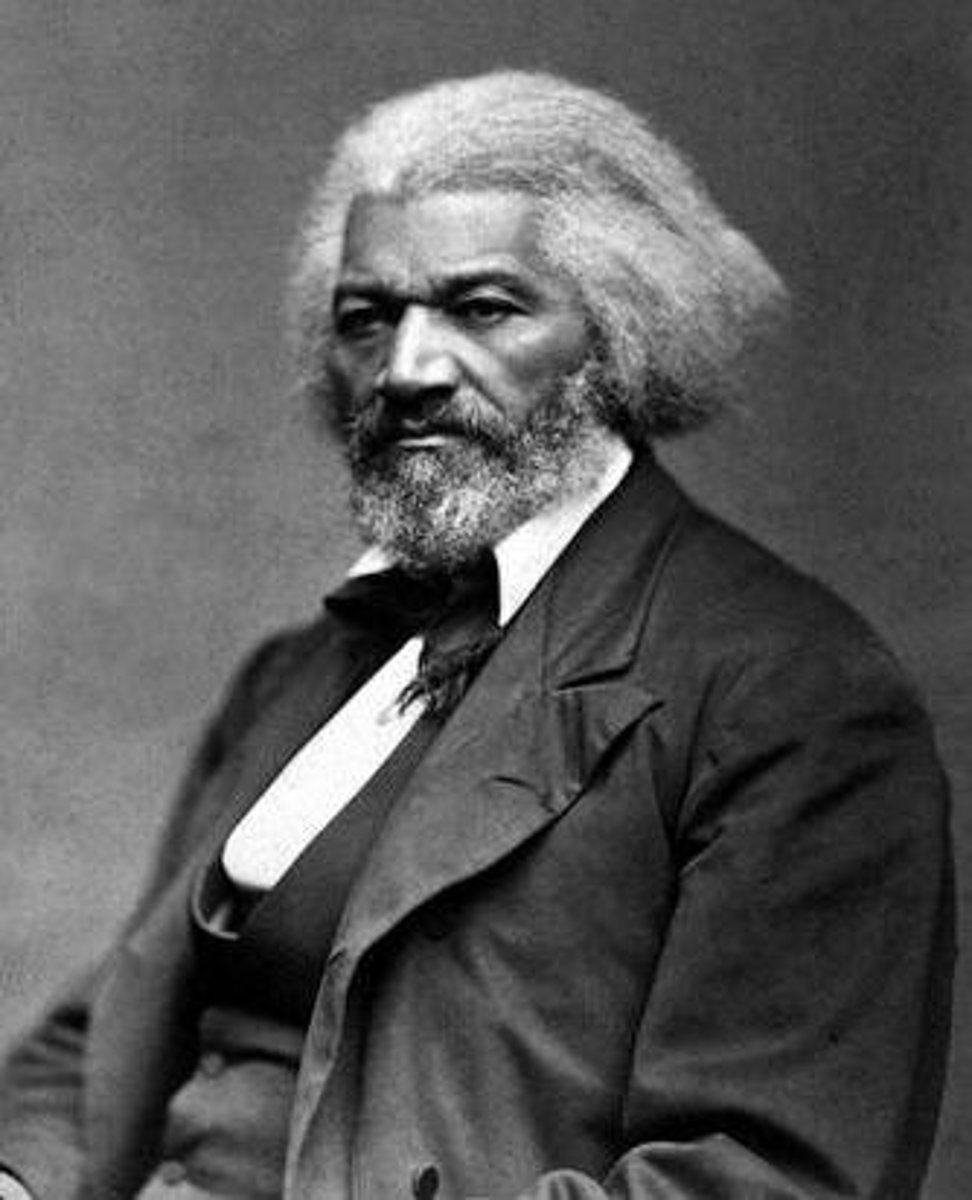
William Lloyd Garrison
Leading white abolitionist, created abolitionist newspaper "Liberator", believed in immediate emancipation
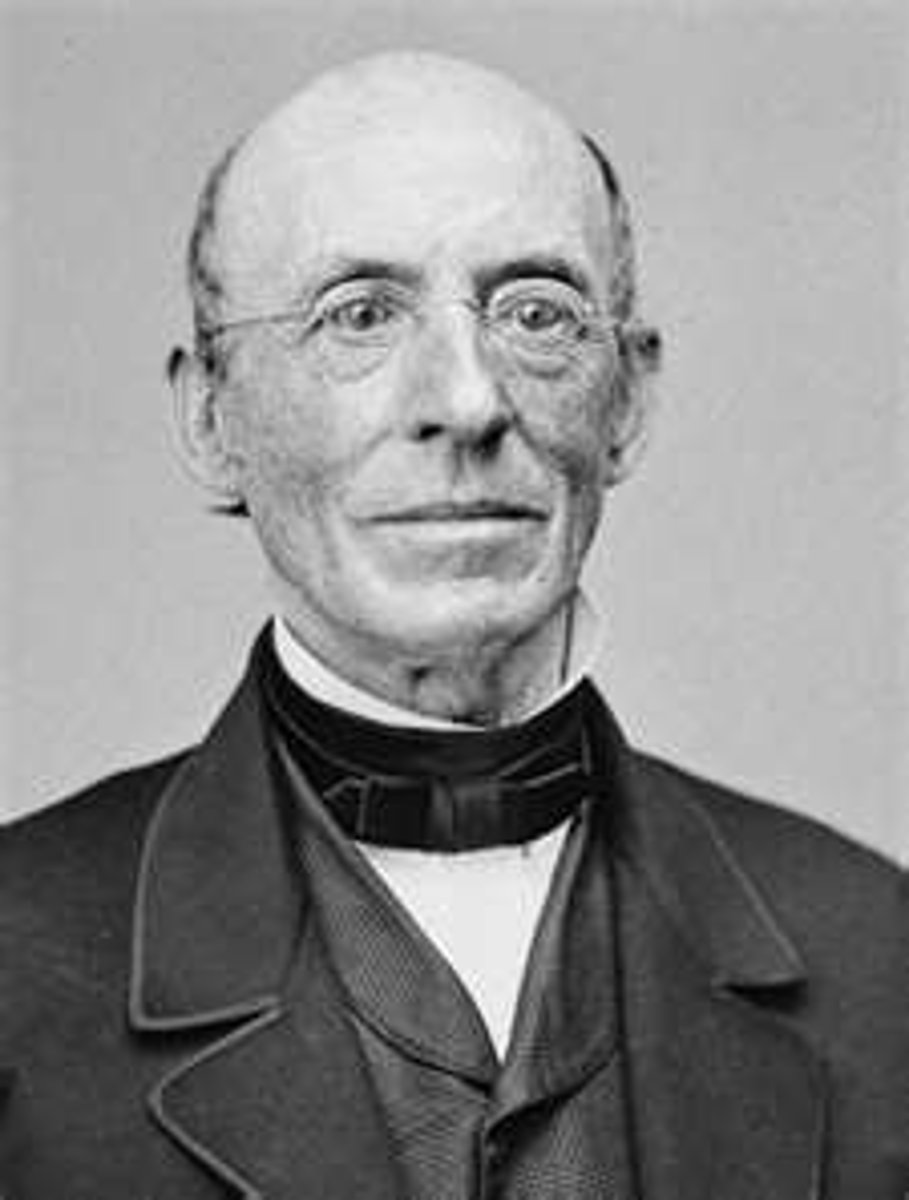
emancipation
the act of setting free
Harriet Tubman
Former slave who helped slaves escape on the Underground Railroad
